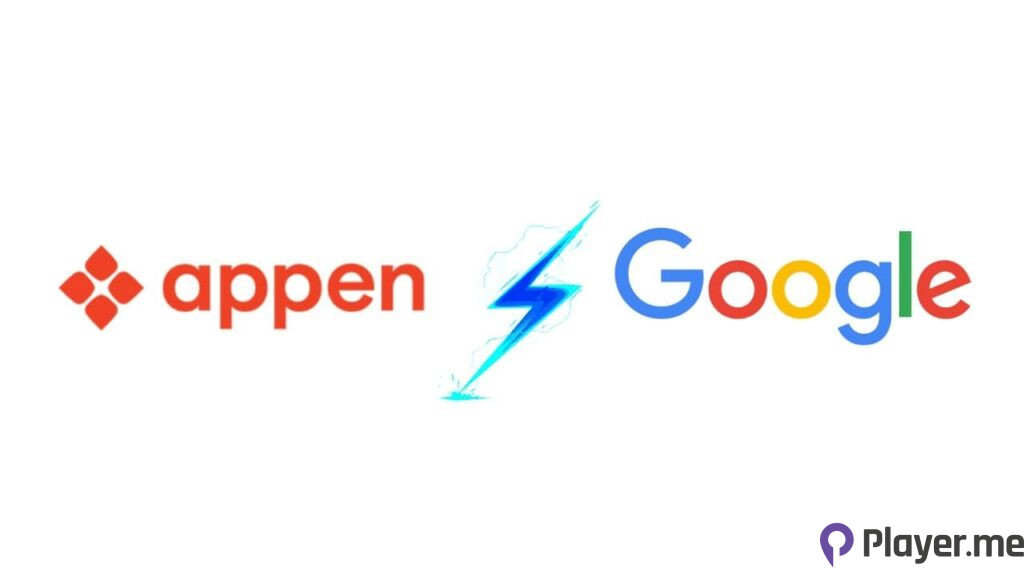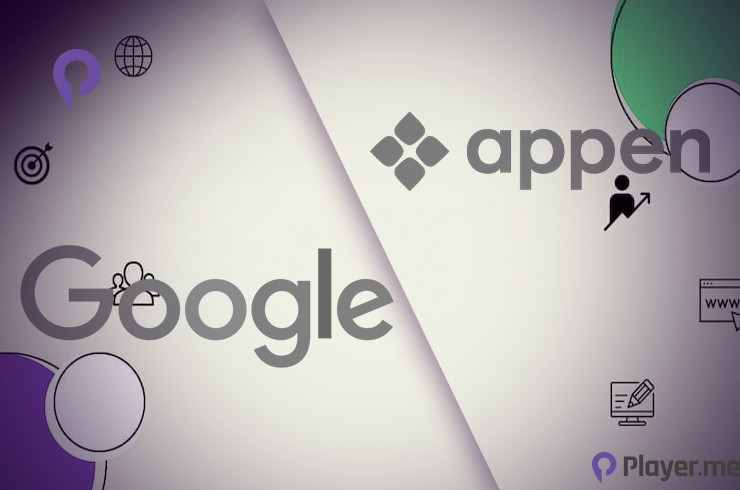Google has severed ties with Australian data company Appen, a long-time collaborator in training Large Language Models (LLMs) for its AI tools, including Bard and Google Search. The termination was abrupt, without prior notification to Appen, and has sent shockwaves through the industry. The impact of this decision is big, not only for Appen but also for the multitude of subcontracted workers associated with the company.
Read Next: Google Bard Enhances YouTube Content Interpretation in New Google Update
The Unforeseen Termination
Google’s decision to end the contract comes during the intensifying competition in developing generative AI tools. Appen is a crucial player in training AI models. Unsurprisingly, they are disappointed in Google’s decision since an Australian exchange filing revealed that its revenue from Google in FY23 amounted to $82.8 million with a gross margin of 26%. This unexpected development raises questions about the future of Appen’s operations and workforce.
Google’s spokesperson, Courtenay Mencini, stated that the termination was part of the company’s ongoing effort to assess and optimise supplier partnerships across Alphabet for efficiency. Appen, on the other hand, declared in a filing that it had no prior knowledge of Google’s decision. The data company expressed surprise and disappointment, especially considering the progress against its transformation and performance in late 2023.
Mencini stated, “Our decision to end the contract was made as part of our ongoing effort to evaluate and adjust many of our supplier partnerships across Alphabet to ensure our vendor operations are as efficient as possible.” This sheds light on Google’s realignment in its approach to AI partnerships that prioritise efficiency and cost-effectiveness.
Also Read: 3 New Experimental Google Chrome Generative AI Features That Will Revolutionise Browsing
Impact on Workers and Revenue
Appen has a platform of about 1 million freelance workers globally that handle the less glamorous aspects of AI training. Its human workers play a crucial role in rating data quality and AI model outputs. The termination will not only impact Appen’s direct workforce but also at least two thousand subcontracted Alphabet workers, as Alphabet accounted for roughly one-third of Appen’s revenue. The Alphabet Workers Union expects substantial repercussions, echoing concerns over the fate of these workers in the aftermath.
The abruptness of the termination raises ethical questions about treating workers in the AI industry. Human workers are the backbone of AI model training, yet they must deal with unfair treatment. For instance, some members of the Alphabet Workers Union petitioned Appen for increased wages.
However, after the union secured wage increases, the outcome fell short of its goal, leading to layoffs, citing business conditions.
Also Read: Fully Remote Jobs at Google You Can Apply For in 2024
Industry-Wide Ramifications
Appen’s role in training AI models extends beyond Google. The company has contributed to projects for tech giants like Microsoft, Meta, and Amazon. CNBC reported that Appen’s fiscal year 2023 revenue from work with Google alone reached $82.8 million out of its total $273 million in sales. This raises concerns about the broader implications for Appen’s financial health and the potential cascading effect on the industry’s workforce.
This shift in Google’s AI partnerships brings into focus the dependency of major players in the tech industry on a select few companies like Appen for AI model training. With a platform of around 1 million freelance workers in over 170 countries, Appen has been a key contributor to developing AI technologies for multiple tech giants. The termination not only impacts Appen’s revenue but also prompts questions about the resilience and diversification strategies of major tech companies in their AI supply chains.
Challenges for Google Contractors

Employees at another Google contractor, Accenture, recently voted to join the Alphabet Workers Union to express concerns about handling inappropriate content for the Bard chatbot.
The termination of the contract with Appen makes things more complex. As AI technologies advance, the ethical treatment of workers involved in AI model training will become a pressing concern.
The Broader Context
Appen’s termination came when content moderators in Kenya sued data-labelling firm Sama and Meta for allegedly paying workers $2.20 an hour to view disturbing images and videos.
The situation in Kenya adds a global perspective to the challenges faced by workers in the AI industry. The lawsuit against Sama and Meta highlights the inadequate compensation. It underscores the urgency for industry-wide standards in ensuring fair wages, proper working conditions, and psychological support for workers involved in content moderation and AI training.
You Might Also Like: AI and Ethics: Addressing Bias, Transparency, and Responsible AI Development
Author Profile
Latest entries
 GAMING2024.06.12Top 4 Female Tekken 8 Fighters to Obliterate Your Opponents in Style!
GAMING2024.06.12Top 4 Female Tekken 8 Fighters to Obliterate Your Opponents in Style! NEWS2024.03.18Elon Musk’s SpaceX Ventures into National Security to Empower Spy Satellite Network for U.S.
NEWS2024.03.18Elon Musk’s SpaceX Ventures into National Security to Empower Spy Satellite Network for U.S. GAMING2024.03.17PS Plus: 7 New Games for March and Beyond
GAMING2024.03.17PS Plus: 7 New Games for March and Beyond GAMING2024.03.17Last Epoch Necromancer Builds: All You Need To Know About It
GAMING2024.03.17Last Epoch Necromancer Builds: All You Need To Know About It





